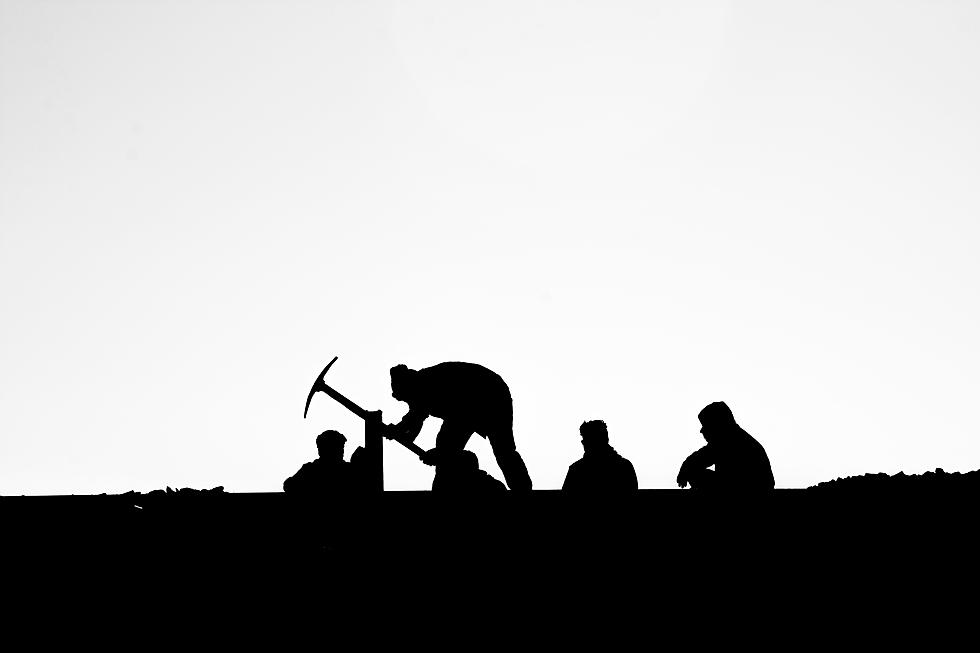
The History of Labor Day
The long-awaited Labor Day Weekend has arrived! Who doesn't look forward to a three-day weekend? But do you know the origin behind why we began observing this holiday? Let's take a look.
In the late 1800s, the average American worked 12-hour days, seven days a week just to get by. Even children were subject to work in mills, factories, and mines - earning only a fraction of the adults' wages. Workers were also often forced to endure unsafe conditions like dangerous machinery and inadequate access to restrooms or fresh air.
In the late 18th and early 19th centuries, a labor movement began to grow in the US meant to protect workers. Unions campaigned for higher pay, more acceptable working hours, and safer working conditions, and health benefits. Efforts to end child labor were also an important part of the movement's campaign. According to history.com, the first documented strike was in 1768, when New York tailors opposed a pay cut. The Federal Society for Journeymen Cordwainers (shoemakers) was founded in Philadelphia in 1794, marking the beginning of a strong union movement among Americans.
Workers began organizing strikes and rallies across the country. One of the most infamous incidents was the Haymarket Riot of 1886, when a riot broke out after a bomb was thrown. Several Chicago police members and protesting workers were killed. Other incidents, however, brought on new traditions: On September 5, 1882, ten thousand workers took unpaid leave and marched from City Hall to Union Square in New York City, holding what would be the first Labor Day parade in the United States! This brought on the idea of a "workingmen's" holiday, and many states were on board right away. However, it took 12 years before Congress would legalize the holiday. The push for change happened after employees of the Pullman Palace Car Company in Chicago went on strike in May of 1894. By calling for a countrywide boycott of Pullman train cars on June 26, the American Railroad Union effectively shut down railroad traffic nationwide. To break the Pullman strike, the federal government sent troops to Chicago, which led to a mass outbreak of riots and resulted in the deaths of more than a dozen workers.
In an attempt to repair relations with the working community, Congress passed an act to make Labor Day a legal holiday. On June 28, 1894, President Grover Cleveland signed it into law. Over a century later, we still don't actually know who the true founder of Labor Day is. Some claim Peter J. McGuire, cofounder of the American Federation of Labor, was the first to push for a Labor Day holiday. Others think it was Matthew Maguire, a secretary of the Central Labor Union. But at this point, the world may never know.
For many of us, labor day is just a nice extension to a September weekend that simply represents the end of the summer, but let us not forgot the past and why we are able to observe and celebrate this day.
LOOK: What major laws were passed the year you were born?
More From Y105







